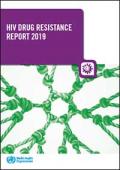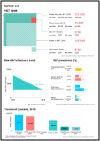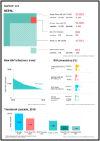Publications on People Living With HIV (PLHIV)
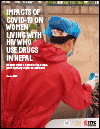
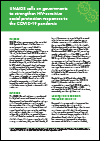
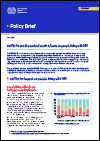
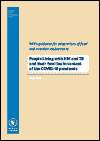
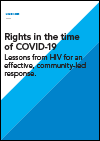
UNAIDS is calling on countries to adopt a human rights-based approach in responding to the global outbreak of COVID-19 that puts communities at the centre and respects the rights and dignity of all. To help guide governments, communities and other stakeholders in planning and implementing measures to contain the pandemic, UNAIDS has produced a new guidance document that draws on key lessons from the response to the HIV epidemic: Rights in the time of COVID-19: lessons from HIV for an effective, community-led response.

COVID-19 is a serious disease and all people living with HIV should take all recommended preventive measures to minimize exposure to, and prevent infection by, the virus that causes COVID-19. It’s important to underline that there is currently no strong evidence that people living with HIV are at an especially increased risk of contracting COVID-19 or if they do contract it they will experience a worse outcome. This does not mean that people living with HIV should take COVID-19 lightly and they must take all precautions to protect themselves.
